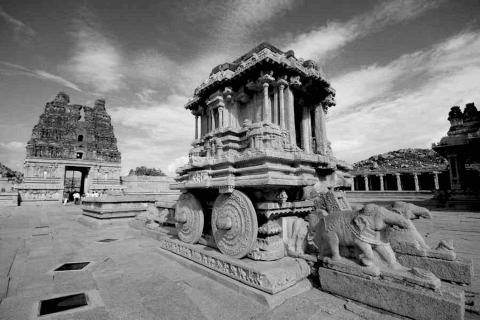December 2021
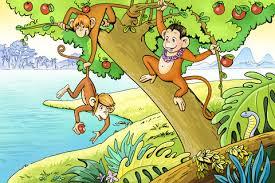
Narrating this story to Sañjīvaka, Damanaka said: ‘Thus a wise man remains steadfast when danger approaches. Now, this is what you must do. When Piṅgalaka rises and lifts up his tail, plough your horns up his belly and rend it!’, and went straight to Karaṭaka. Sañjīvaka walked up to the lion, which slowly got up and walked forward with its tail raised up. Right then the bull sprang forward, thrusting forth its horns. The lion too landed its...
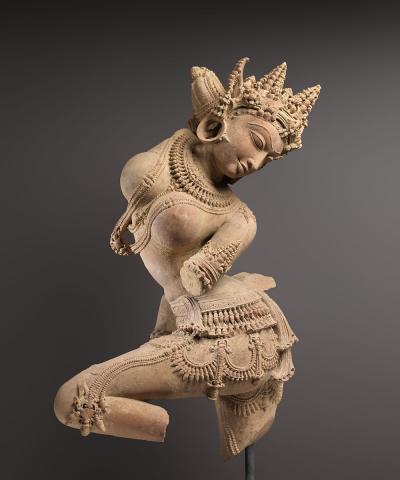
There are many dimensions that research in classical Indian dance can explore and many paths it can choose to tread. This is, in fact, true from a global perspective as well. But we shall limit the current discussion to the dance forms of India that have traditionally come down to us.
Movement is fundamental to all forms of dance around the world and it involves the major and minor parts of the body.[1] Owing to the variegated movements,...

“When devas are worshipped and satisfied, they give rain and good crops.”
It is easy to misconstrue this statement. Will rains cease, or will crops die because worship is stopped? Are rains and crops dependent on human effort? Then, does it not mean that man is more powerful than nature? This is a frivolous argument. If a father says to his scallywag of a son, “If you study well, I will buy you a wristwatch. If you listen to your mother she...
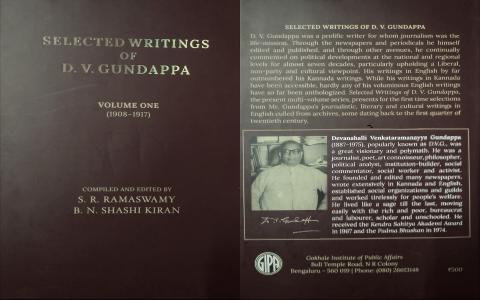
DVG never sought recognition. When the Jnanapith Award was first instituted, Maṅkutimmana Kagga, one of his major works, came before it for consideration. When one of his friends was indignant about this work not winning the award, DVG replied in his characteristic self-effacing, humorous manner: “Why do I want a lakh of rupees? Do I not look well-fed?” He went on to make a profound observation: “The idea of competitive prizes for literature is...
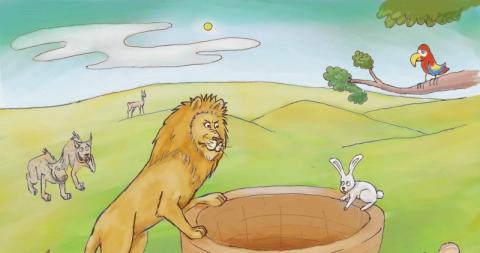
The Story of Śūryavarmā
There lived a royal servant called Śūryavarmā. Once, when he came home, found that his wife was in the company of his friend. He withheld his anger thinking – What is the use of killing this animal, the disloyal friend? What will I get out of punishing this pāpī? I will acquire pāpa by killing them!
Speaking to them, he said “Don’t ever get seen by me! If I spot you again, I will kill you both!”
The two disappeared. He...

Unmattaka is redirected to give the bowl to someone worthy. While this brings in the lofty principle of charity which says to give anything only to a worthy person, from the perspective of Unmattaka what would be worthiness? Unmattaka then immediately decides that Satyasoma is the one worthy, but also calls Satyasoma as mahābrāhmaṇa which idiomatically means a vile fallen brāhmaṇa! Satyasoma again seeing the bowl literally thinks that the...
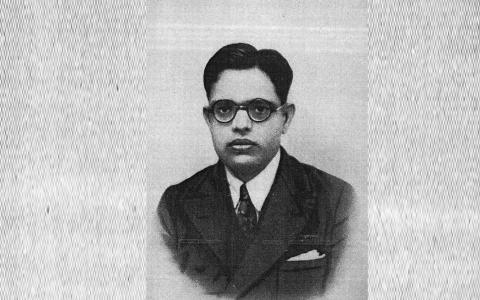
Sastri’s students recall that he never came late for a class nor did he ever leave early. He would start off by dictating notes, which were precise and dense. Every now and then he would stop and elaborate on a point, giving explanations and clarifications. Owing to his partial deafness, he found it a challenge to listen to questions posed by students and so it appears that he cultivated the art of anticipating the question that the student...

In the next verse Vyāsa describes a defining trait of great poets. He intends this as a lodestar of sorts of his work:
इतिहासप्रदीपेन मोहावरणघातिना।
लोकगर्भगृहं कृत्स्नं यथावत् संप्रकाशितम्॥ (१.९६.१०३, Kumbhakonam edition)
The great lamp of itihāsa dispels darkness in the form of stupor, ignorance, delusion. It illuminates the inner core of the world and shows it as it is.
Itihāsa is a word that is pregnant with meaning. Literally, it...

